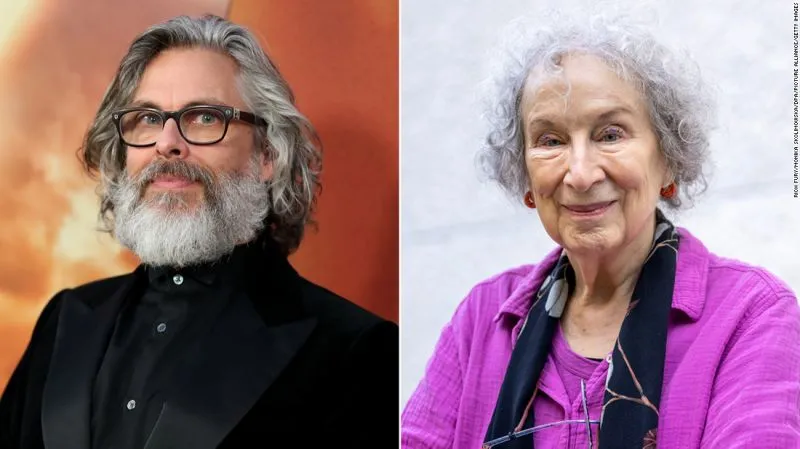Thousands of authors demand payment from AI companies for use of copyrighted works
Thousands of authors demand payment from AI companies for use of copyrighted works

Thousands of authors demand payment from AI companies for use of copyrighted works | CNN Business

Thousands of authors demand payment from AI companies for use of copyrighted works::Thousands of published authors are requesting payment from tech companies for the use of their copyrighted works in training artificial intelligence tools, marking the latest intellectual property critique to target AI development.